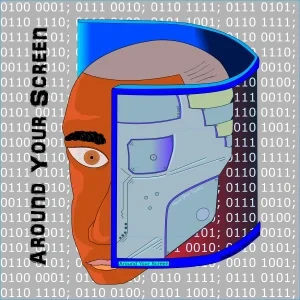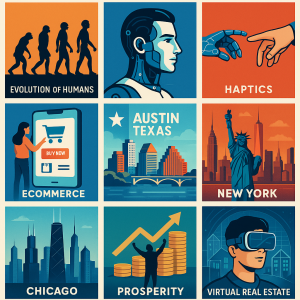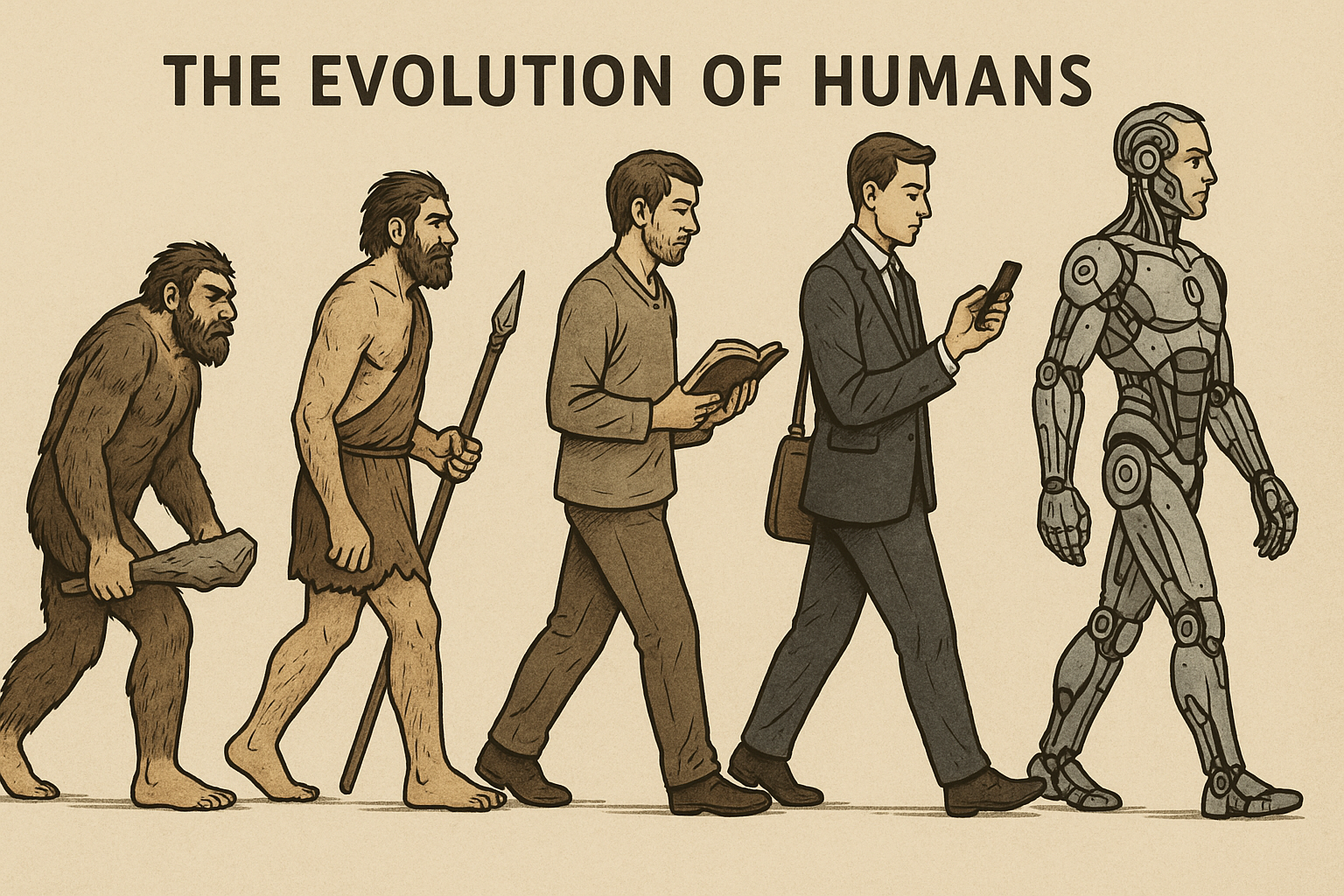
The evolution of humans has been marked by a relentless pursuit of tools, technologies, and systems that elevate life and promote peace within societies. From the earliest stone implements to the dawn of the digital age, our journey reflects an intricate interplay between biological adaptation and technological innovation. Each leap forward has reshaped how we interact with our environment and with one another, setting new norms and expectations. Notably, human society today is more dependent on technology than ever, transitioning from purely organic beings to hybrid entities—cyborgs—integrating artificial intelligence, wearable technologies, and even direct neural interfaces into daily life. This technological symbiosis has redefined what it means to be human, offering amplified abilities while raising profound questions about identity, control, and the potential for universal prosperity.
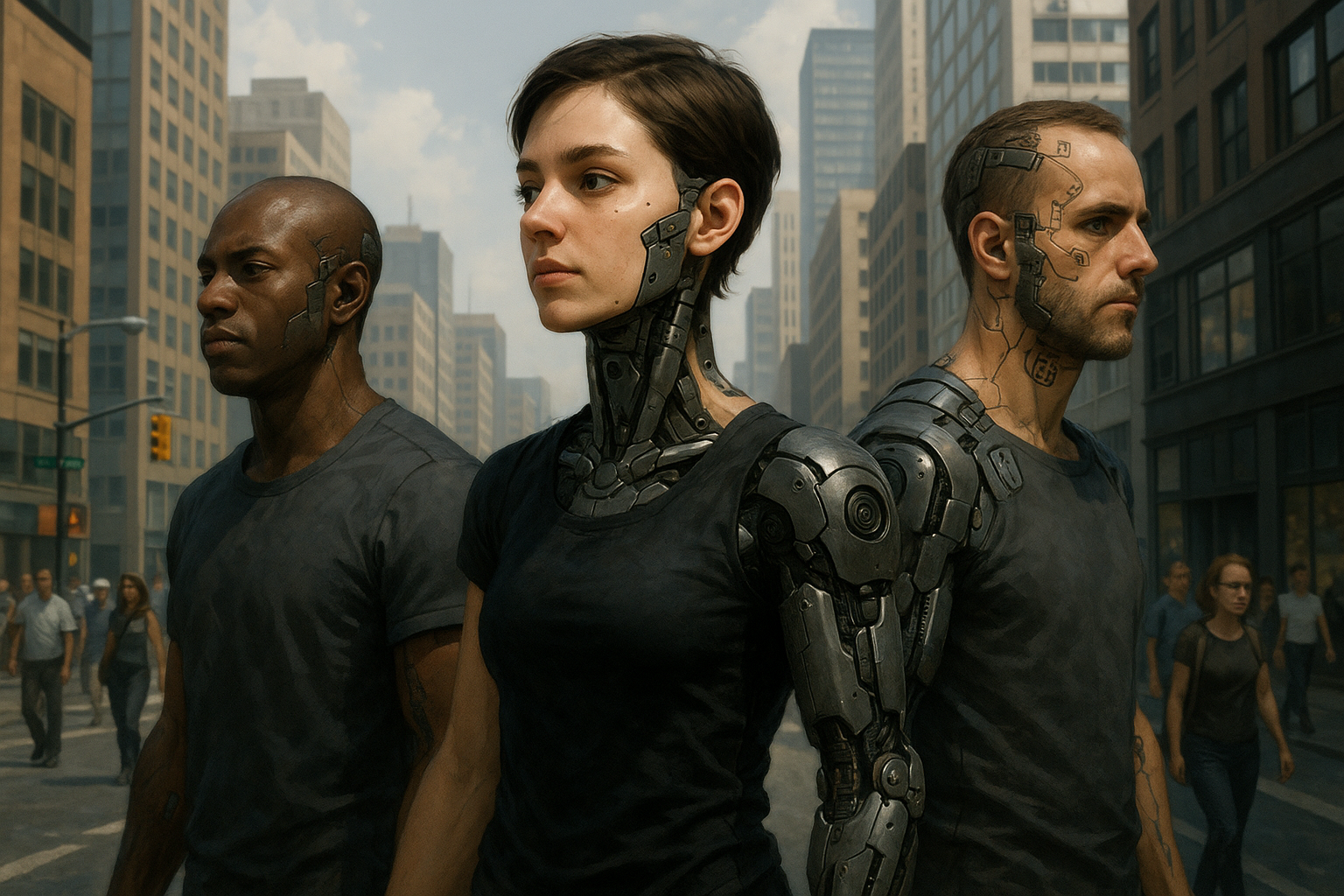
Cyborgs, once relegated to the realm of science fiction, are now a growing reality. The integration of cybernetic enhancements—such as prosthetic limbs controlled by neural impulses, embedded microchips for medical monitoring, and augmented sensory equipment—exemplifies the next logical stage in human evolution. These advancements are not solely oriented toward correcting deficiencies; they are also enabling the expansion of human potential. The social implications are immense, shaping new standards for accessibility and productivity. In urban centers like Austin, Texas, and New York, where innovation hubs flourish, cyborg technology is rapidly influencing life and work, sowing the seeds for diverse, inclusive, and peaceful communities.
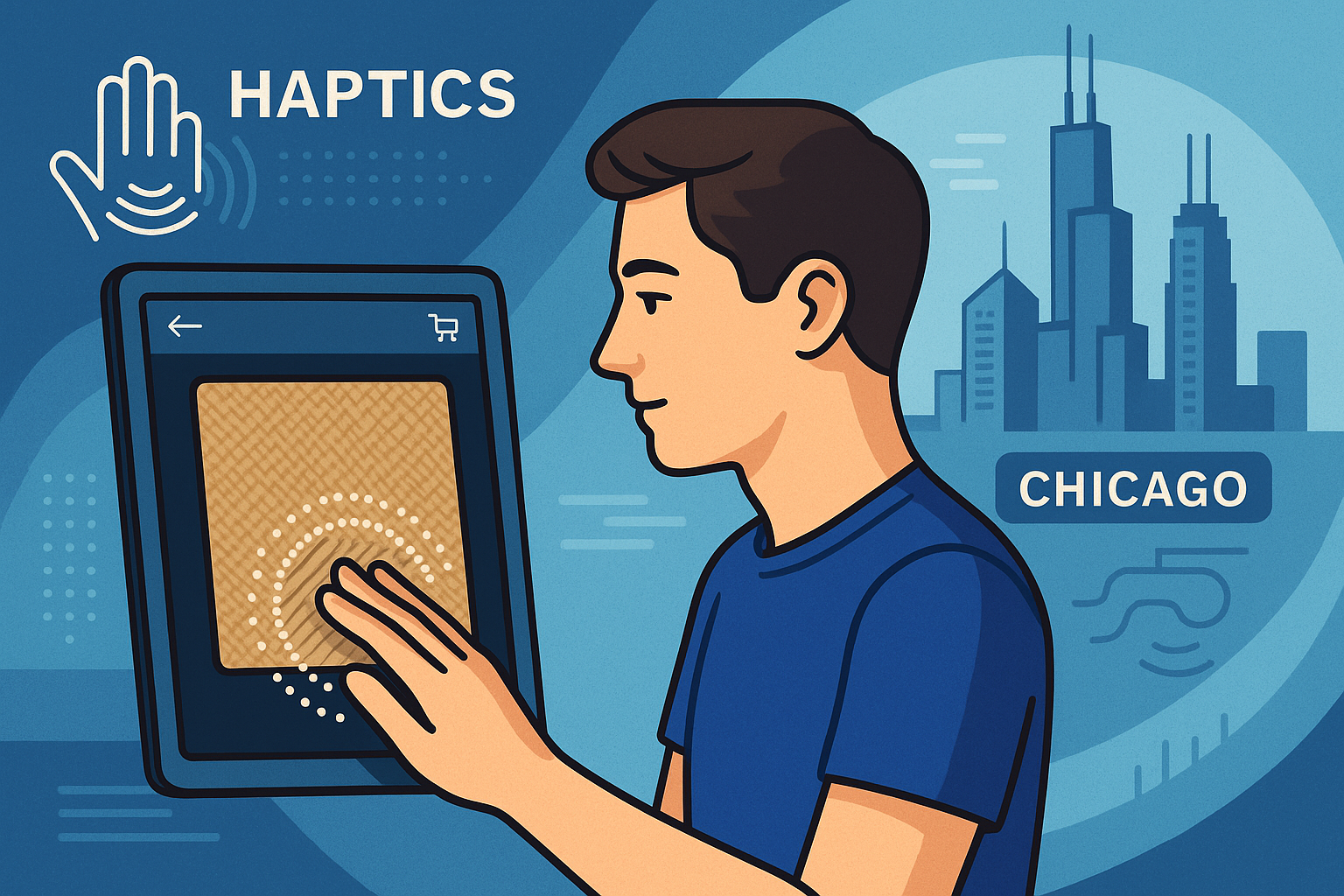
Haptics, the science of touch in human-computer interaction, is another breakthrough transforming modern life. By allowing users to perceive tactile feedback from digital interfaces, haptic technology has revolutionized sectors from virtual communication to ecommerce. For instance, in virtual marketplaces, potential buyers can “feel” the texture of products before purchase, bridging the divide between physical and digital commerce. This tactile connection enhances trust and satisfaction for consumers, contributing to the overall prosperity of businesses while providing greater peace of mind to buyers. The continuous refinement of haptic systems in cities such as Chicago, renowned for its innovation in tech manufacturing, highlights how geographically distinct regions contribute to the broader tapestry of human advancement.
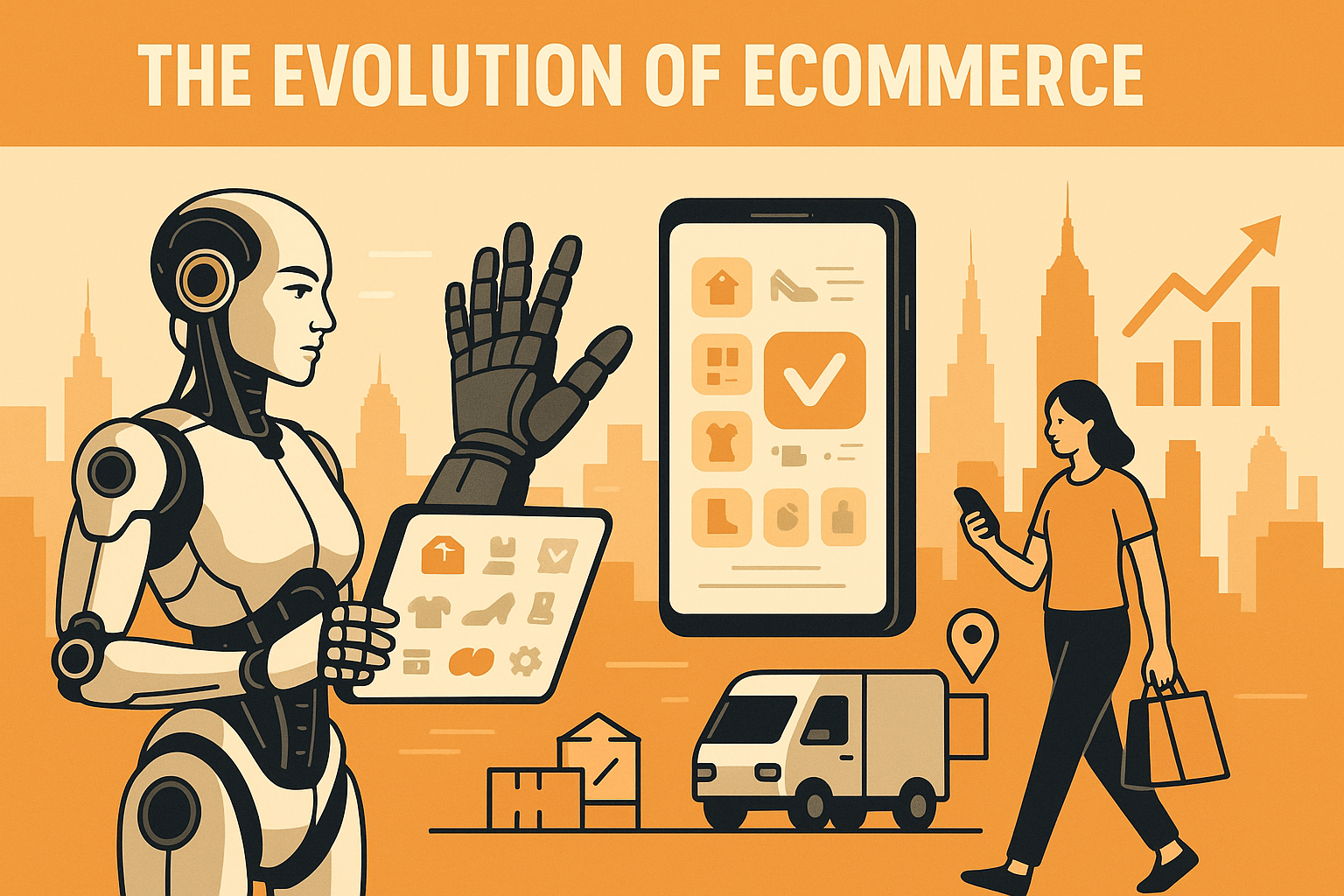
The evolution of ecommerce, supported by cyborg and haptic innovations, is now redefining traditional economic systems. No longer confined to physical stores or conventional supply chains, ecommerce platforms offer seamless accessibility, enabling consumers to participate from virtually anywhere in the world. Advanced logistics, personalized recommendations, and secure payment systems have made shopping accessible, safe, and efficient. For modern urban populations in places like Austin, New York, and Chicago, the convenience of ecommerce translates directly into improved quality of life and time for pursuits aligned with peace and personal fulfillment. Furthermore, the flourishing ecommerce sector fuels economic prosperity, creating new jobs and business ventures that contribute to social stability.
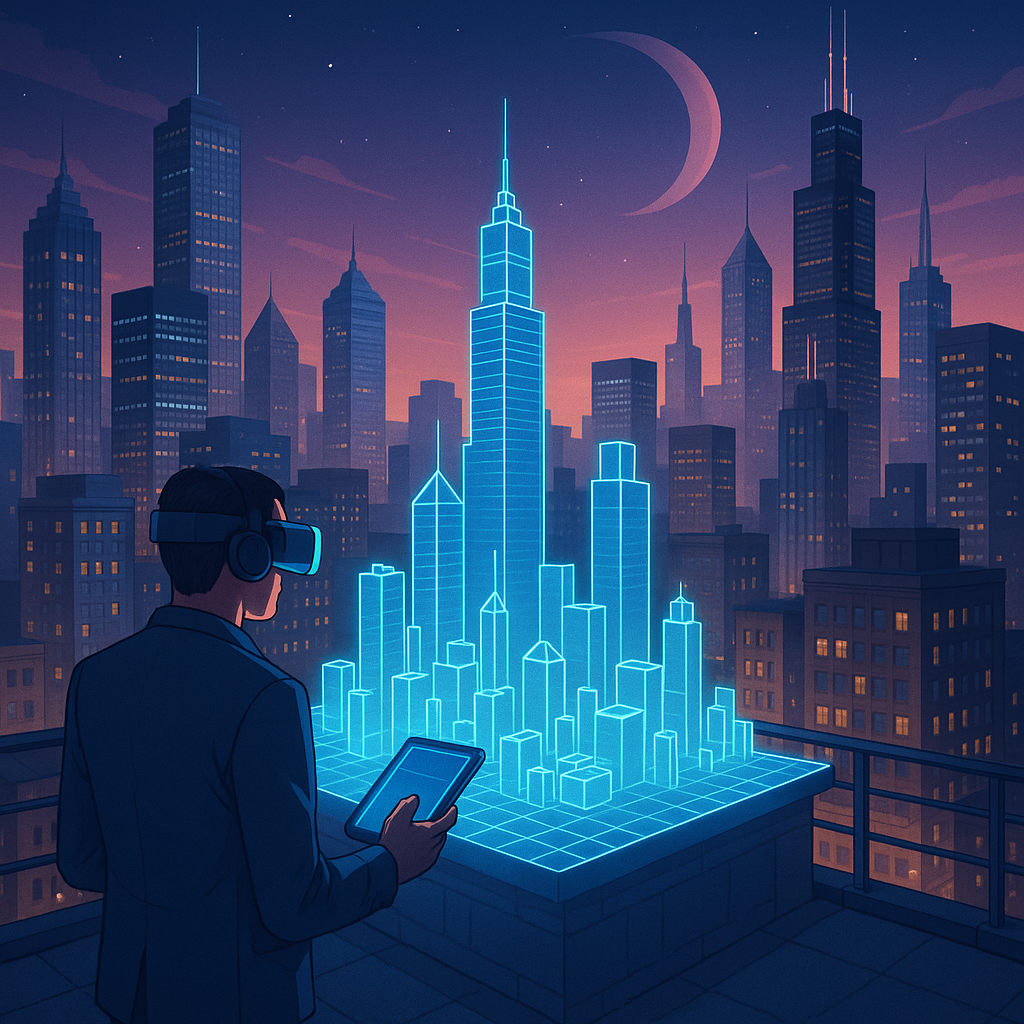
Perhaps the most groundbreaking development has been the emergence of virtual real estate. This digital frontier represents an evolution in how societies conceive space, ownership, and interaction. Individuals and organizations now invest in virtual properties within metaverses, unlocking new venues for work, entertainment, socialization, and peaceful coexistence. Major cities serve as the inspiration for virtual environments, allowing users to experience the vibrancy of places like Chicago or New York without the limitations of geography. Virtual real estate blurs the line between tangible and intangible assets, affirming humanity’s capacity for innovation and adaptation. Through these advances, modern societies are reimagining prosperity, elevating life, and fostering peace in ways our ancestors could scarcely imagine.
